Pfizer Has Been In Business For 175 Years
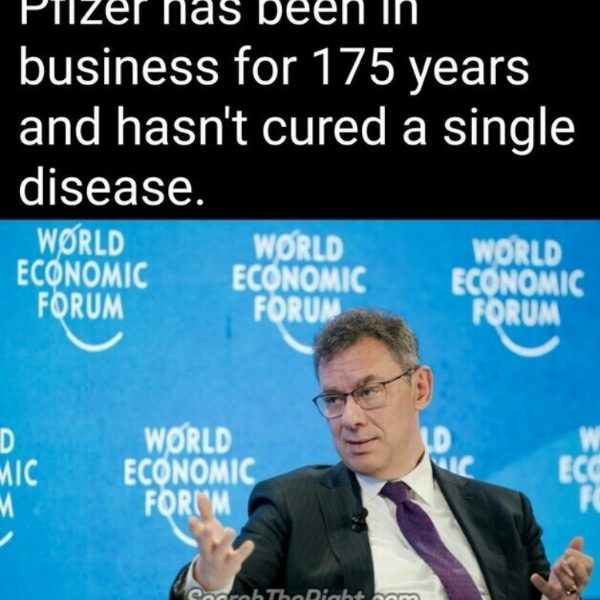
From humble beginnings in a Brooklyn storefront to its current status as a global pharmaceutical behemoth, Pfizer is marking its 175th anniversary. The company's journey mirrors the evolution of modern medicine, marked by both groundbreaking innovations and periods of controversy.
This milestone provides an opportunity to examine Pfizer's impact on public health, its business practices, and its future trajectory in a rapidly changing healthcare landscape. The company's legacy is complex, encompassing life-saving drugs alongside ethical debates surrounding pricing and marketing.
A Legacy Forged in Innovation
Founded in 1849 by Charles Pfizer and Charles Erhart, two German immigrants, the company initially produced fine chemicals. Their first product, santonin, an antiparasitic drug, proved highly successful, laying the foundation for future expansion.
Pfizer quickly established itself as a key player in the pharmaceutical industry. This was especially true during the Civil War, when it supplied the Union Army with painkillers and preservatives.
Early Breakthroughs and Expansion
The discovery and mass production of penicillin during World War II cemented Pfizer's position as an innovator. The company's deep-tank fermentation process revolutionized antibiotic production, saving countless lives and ushering in the antibiotic era.
Post-war, Pfizer diversified its research and development efforts. This led to the development of a range of drugs targeting various diseases, from arthritis to cardiovascular conditions.
The company's global expansion began in the 1950s. It established international operations and research facilities to serve a growing global market.
Blockbuster Drugs and Global Dominance
The late 20th and early 21st centuries saw Pfizer achieve unprecedented success with a series of blockbuster drugs. These included medications such as Zoloft, Lipitor, and Viagra, which generated billions of dollars in revenue.
Lipitor, a cholesterol-lowering statin, became the best-selling drug in history. This solidified Pfizer's position as the world's largest pharmaceutical company for a time.
Mergers, Acquisitions, and Restructuring
Pfizer's growth strategy involved a series of high-profile mergers and acquisitions. Key deals included the acquisition of Warner-Lambert in 2000, Pharmacia in 2003, and Wyeth in 2009.
These mergers expanded Pfizer's product portfolio and research capabilities. They also led to significant cost-cutting measures and restructuring efforts.
However, these strategic moves were not without criticism. Some argued they stifled innovation and prioritized short-term profits over long-term research.
Controversies and Ethical Challenges
Pfizer's history is also marked by periods of controversy and ethical challenges. These have ranged from allegations of aggressive marketing practices to concerns about drug safety and pricing.
In 2009, Pfizer agreed to pay a record $2.3 billion settlement. This was to resolve criminal and civil charges related to the illegal marketing of the painkiller Bextra.
Drug pricing remains a persistent issue for Pfizer and the pharmaceutical industry as a whole. Critics argue that the high cost of prescription drugs makes them inaccessible to many patients.
The COVID-19 Pandemic and a New Era
The COVID-19 pandemic thrust Pfizer back into the global spotlight. Its collaboration with BioNTech to develop a mRNA vaccine proved to be a pivotal moment in the fight against the virus.
The Pfizer-BioNTech vaccine demonstrated high efficacy and was rapidly deployed worldwide. This played a crucial role in reducing hospitalizations and deaths.
The success of the vaccine significantly boosted Pfizer's revenue and reputation. It also underscored the company's capacity for innovation and rapid response to global health crises.
Looking Ahead: Innovation and Future Challenges
As Pfizer celebrates its 175th anniversary, the company faces both opportunities and challenges. These range from developing new treatments for cancer and other diseases to navigating the complexities of global healthcare markets.
Pfizer is investing heavily in research and development, particularly in areas such as oncology, immunology, and gene therapy. The company aims to develop innovative therapies that address unmet medical needs.
The future of Pfizer will depend on its ability to adapt to changing market dynamics, address ethical concerns, and maintain its commitment to innovation. The company's legacy will be shaped not only by its past achievements but also by its future contributions to improving global health.
Pfizer's continued success hinges on its capacity to balance shareholder interests with the needs of patients and the broader global community. This includes ensuring equitable access to its medicines and engaging in responsible business practices.
As healthcare evolves, Pfizer must demonstrate its ability to not only innovate but also to operate with integrity and transparency. This is key to maintaining public trust and securing its place as a leader in the pharmaceutical industry for the next 175 years.


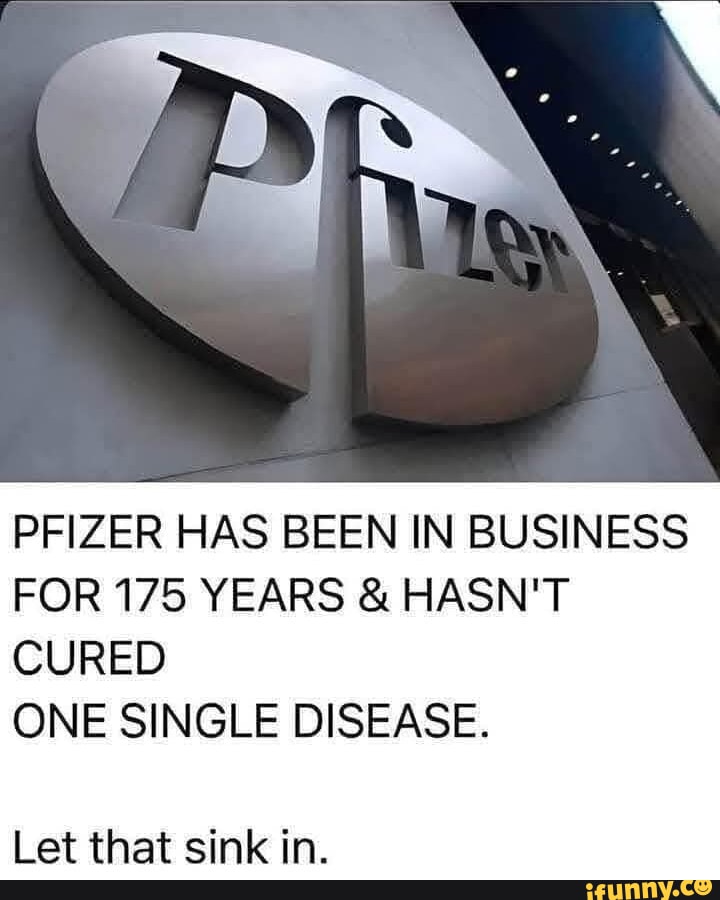
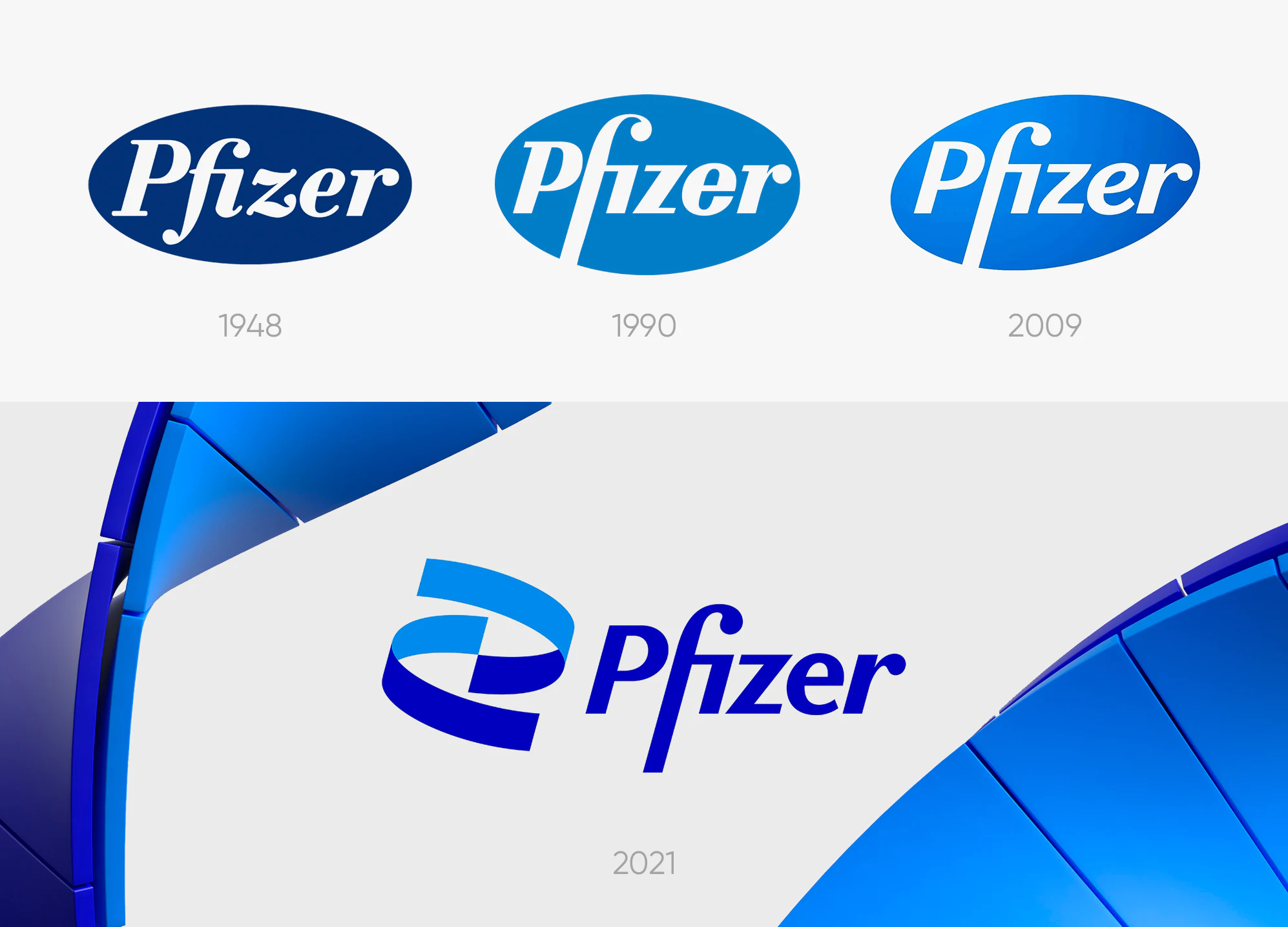


)


)


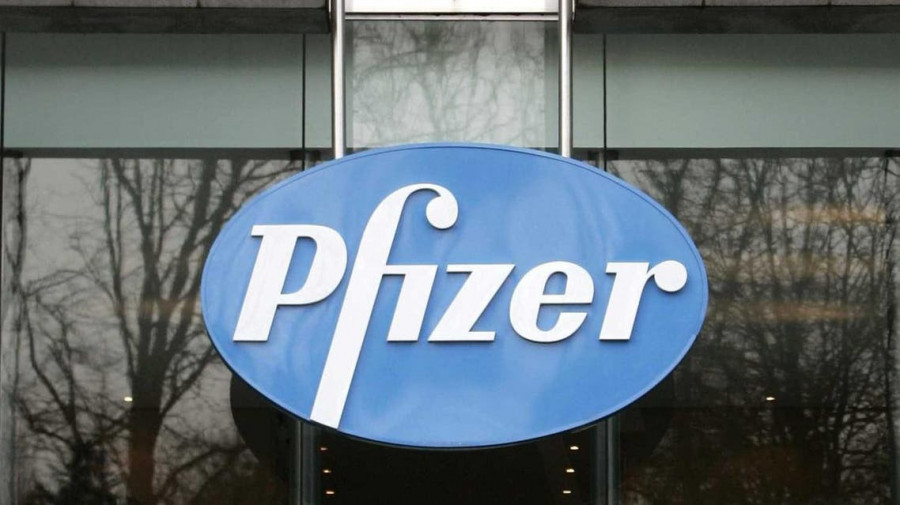
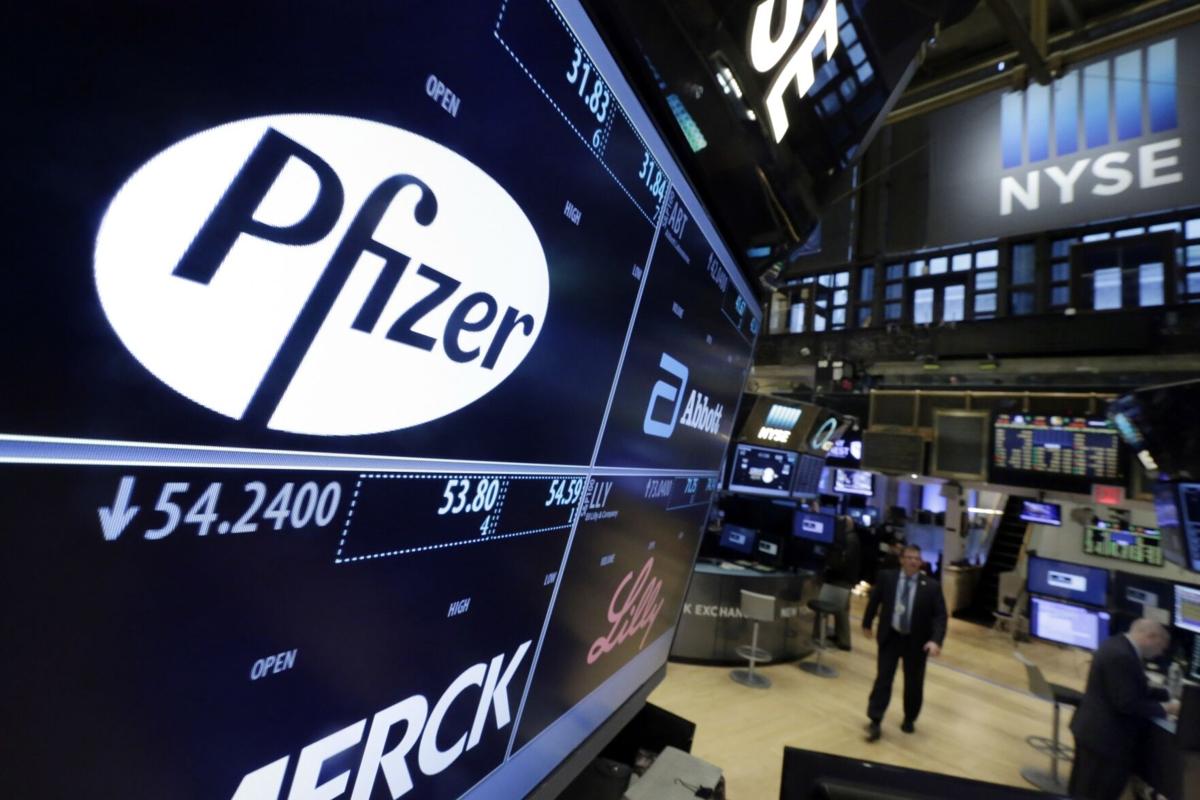
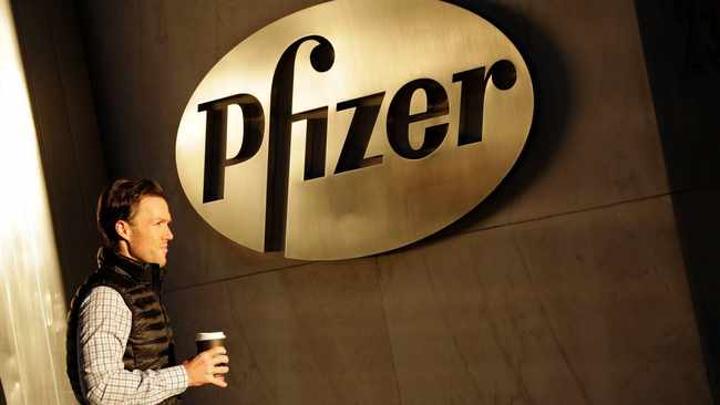

:quality(70)/cloudfront-eu-central-1.images.arcpublishing.com/irishtimes/ICR5VEI5FDAKVHBHAYRXI4X3TU.jpg)
